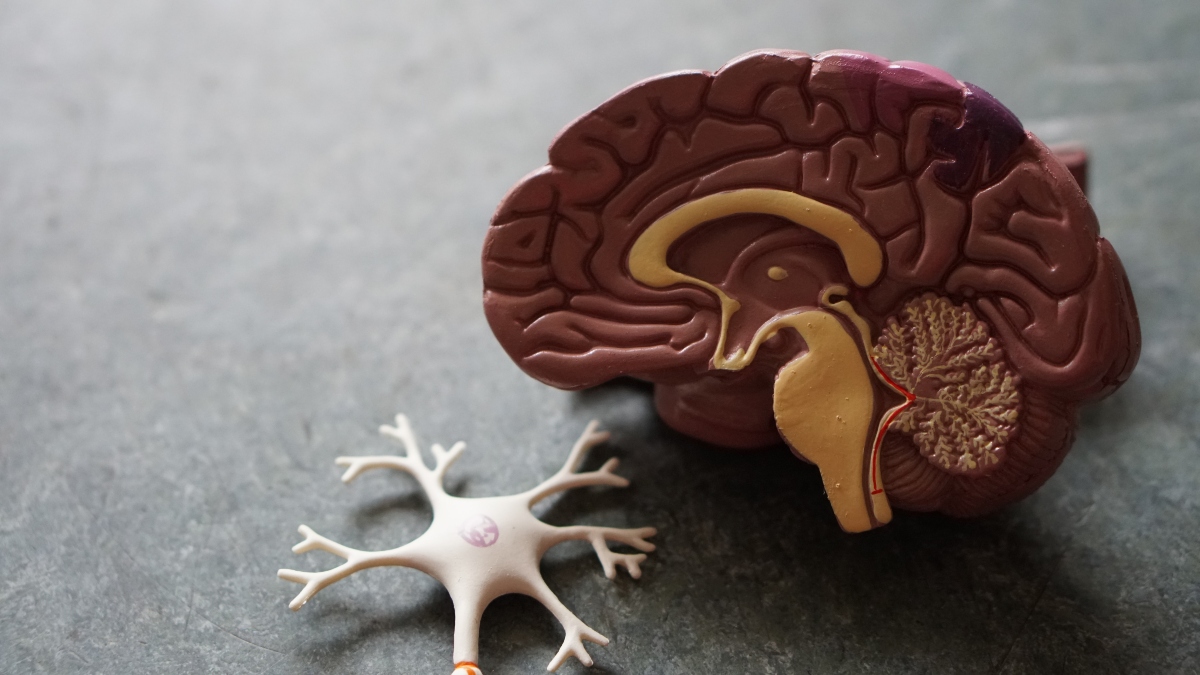Articles

Re-Entrepreneurship: Advantages of Business Transfers
11 de April de 2024

Isn’t it amazing how some waiters can remember a whole order without taking any notes? The analytics firm, Gallup, found this fact so impressive that they went on to carry out a study and offer a handsome reward for the waiter who could remember 500 customers’ names and their respective orders. Years later, an English woman would break all the records and take home the prize after remembering three thousand beverages.
The study offers a conclusion: the way to develop brain power is through training. The constant routine of taking orders helps waiters to increasingly develop their memory with each passing day. Currently, many are aware of this ability of the brain and try to take their capacity to the maximum. There are even competitions where the world’s greatest minds test each other, achieving results that are unimaginable for any human being.
Are you aware of all the benefits that developing your brain power can bring? Being able to remember everything, to read faster, to get better at our jobs, at uni… A well developed brain can interpret every signal it receives in a much shorter time. We didn’t want to miss the chance to discover all these benefits, so we asked for help and called the world’s greatest memoriser. 10 times Speed Memory World Champion, Ramón Campayo, has granted us an interview in which he gives us many tips that will help us have a better memory and to boost our daily life.
“Everyone is born with a determined base memory, and that memory is exercised right away when we’re kids, depending on our interest, preferences and inclinations. In this way, people with an inclination for hearing will develop a better memory to remember songs, others will have a better memory for faces, others for films, travels, and so on. Nevertheless, the training factor is absolutely decisive and it must be directed towards, on the one hand, increasing the speed at which we memorise —which is only effective if it’s fast— and, on the other hand, the retention, in order to be able to control, over a long period of time, that information that has already been memorised.”
The most common mistake —and the most harmful— is wanting to memorise line by line, trying to repeat what has been read. Although, actually, the worst is having no technique. This implies a lot of wearing out, a lot of time in front of books just to get a mediocre result.”
On the other hand, there are people who, even when they have good brain skills, are incapable of making the most of them because they struggle to concentrate. Ramon offers them the solution:
“It’s as simple as improving the memorisation technique in order to make it efficient and fun. No one struggles to concentrate when they are watching a film they like.”
In an interview for The Atlantic, Ulrich Boser, a researcher of the neuroscience of learning, revealed that the most common techniques are not the most efficient. If you’re one who highlights texts with a thousand colours and re-reads over and over again, pay attention to this: leave those techniques behind and focus on other things, like auto-evaluation. Trying to find information in your mind improves your retention and will make it much faster next time you look for it.
Ramón also shows us other methods to improve our memory:
“There is, on the one hand, the technical part where we work with visualisation, association, chunking, etc. And, on the other hand, the part in which we train. In the same way you wouldn’t expect an athlete to get better at a certain discipline without training, mental capacities must also be trained and developed: fast reading, mental processing speed, retention, imagination, etc.”
In Pixar’s famous animated film, memories were represented by glowing spheres stacked in a brain full of shelves. Some were at hand’s reach and others were barely visible. This is what Ramon poses when it comes to memorising.
“It’s crucial to put some order to the information we’re dealing with. That’s what summaries are for. Coming up with mental maps and working with them photographically will also help us.”
“After reading a complete section or a summary, repeat it yourself using your own words. If you’re not able to do this, it’s because the information isn’t properly ordered or because you don’t understand it yet.”
Ramón’s advice is backed by different studies. During a new study of Applied Cognitive Psychology, 124 students were asked to read a text about the Doppler Effect in order to, later, teach a class on the subject. Half of them would use notes and the other half wouldn’t. A week later, they were all tested on the subject and the results showed that those who taught their classes without using notes scored higher than their counterparts. Explaining a subject in their own words and having to look for the information in their own brain helped them to better assimilate the new information.
Ramón stresses out the importance of rest for good memorisation:
“It’s recommended that you rest some minutes every 30 minutes of studying. On the other hand, the day before the test, resting becomes even more necessary. It’s important to face an exam with enthusiasm and no fatigue. The most we can do is to prepare the material we’ll be needing the next day — pens, documentation, etc.”
Once more, science supports Ramón’s advice. Psychologists Müller and Pilzecker have proven, in numerous studies, the benefits of resting for the consolidation of information. The participants of these studies improved their memory by staying in a dark room for some minutes after receiving the new information. Even Alzheimer patients improved their capacity to remember by 7% to 79%.
Enjoying the benefits of a good memory is within everyone’s reach. In order to do so, you just have to read this article and stay in a dark room for a few minutes.
Article written in collaboration with: Ramón Campayo.

Aprende cómo ser más productivo en el trabajo con Marc Bara.
Listen the podcast